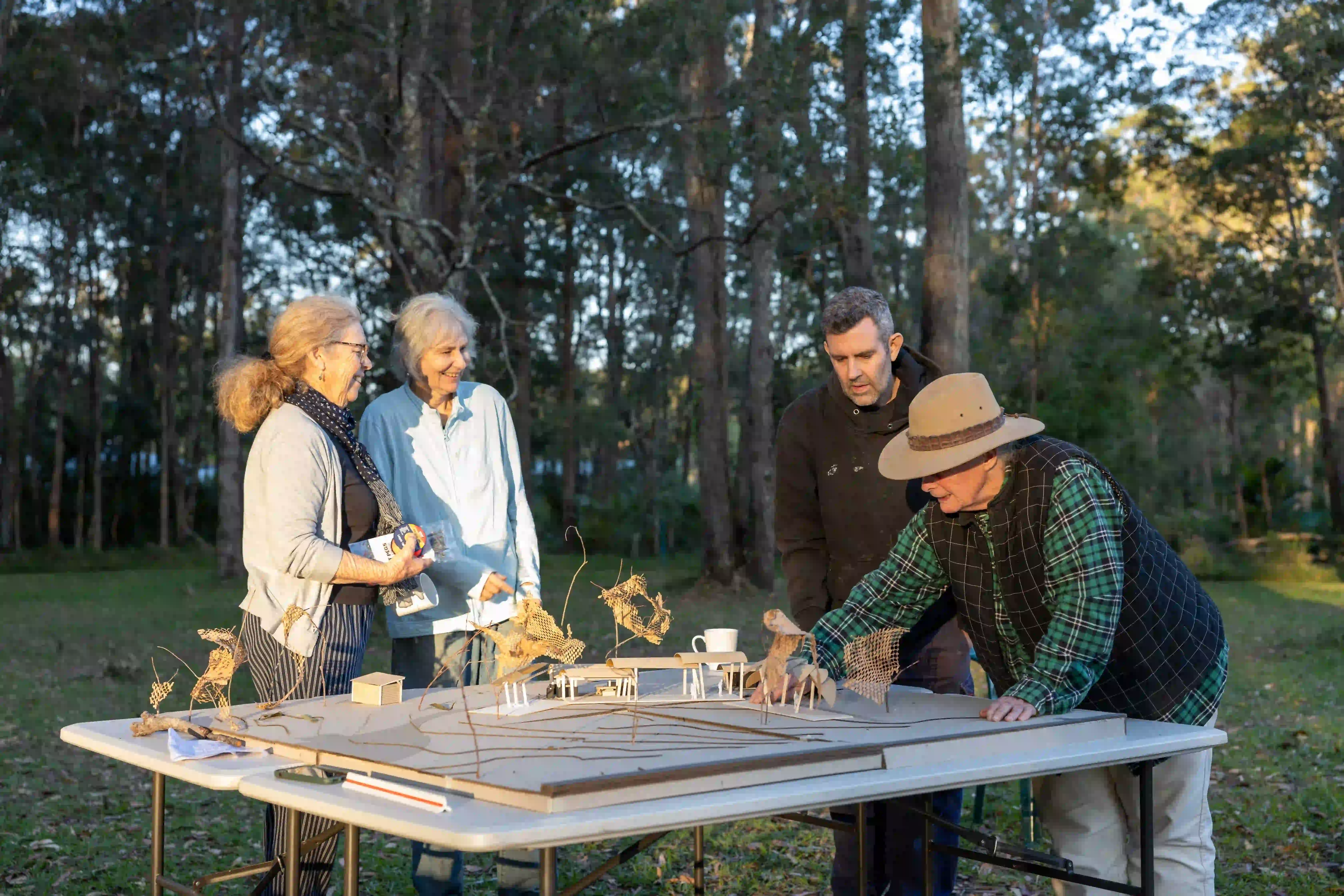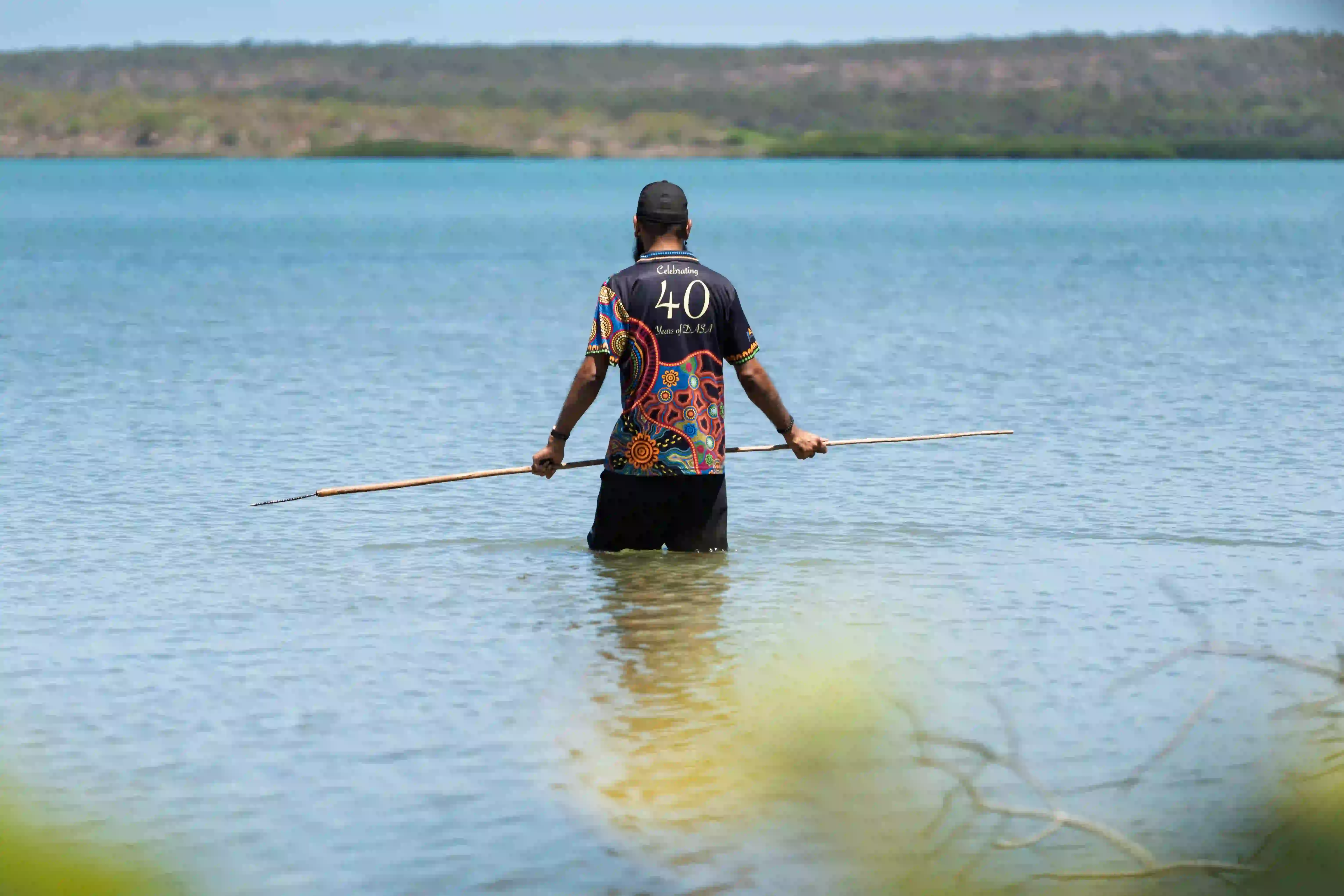Below is an article authored by Mick Palmer and Patrick McGorry, patrons of Paul Ramsay Foundation partner the Justice Reform Initiative. It was published in The Australian on 8 September 2020 and can be found here.
—
For decades following 1788, Australia was seen by Europeans as nothing more than one enormous prison. You might assume that two centuries of progressive social reform, independence and democracy would have erased that legacy.
Unfortunately, the data shows that for far too many Australians, this is still very much an incarceration nation.
Australia is imprisoning more people than at any time since 1900, in both total number and per capita, at a cost of more than $3.6bn a year.
It is the unwanted consequence of Australian policymakers’ addiction to a self-defeating “tough on crime” cycle. The state has an obligation to protect the community, and also to ensure its actions are effective.
But far from being tough on crime, the default to jail sentences leads to more recidivism, more crime, more violent criminals, more victims and human suffering often hidden behind high walls and closed doors.
Jailing is failing in Australia — it simply doesn’t work and is a senseless waste of money and human potential that we can no longer afford as the primary focus of the criminal justice system.
An overwhelming body of research from academics, think-tanks and governments of many political persuasions has found reforms to the criminal justice system would lead to better economic and social outcomes.
Beyond the walls, imprisonment not only leads to higher levels of repeat offending, but also reduced opportunities for employment post-release and poorer education outcomes for an offender’s family — punishing the next generation and continuing the cycle of disadvantage.
Yet successive state and territory governments on both sides of politics have persisted with “law and order” policies which have seen the country’s prison populations more than double over recent decades.
Experts and advocates from all walks of life have been calling for governments to look at the evidence and enact reforms as many overseas jurisdictions are doing.
Today a new alliance of more than 100 respected figures from the legal, political and social fields joins the chorus with the launch of the Justice Reform Initiative — from former governors-general to judges of our highest courts, to premiers and ministers from across the political spectrum, all seeking to change our costly, ineffective policies.
They are joined by several former heads of corrective services departments and former directors of public prosecutions who have seen first-hand how a “rack ’em, pack ’em and stack ’em” obsession leads to worse outcomes for our society, not better.
Respected Aboriginal leaders including Pat Turner, Mick Gooda and Pat Anderson have also joined and we look forward to supporting and working closely with the many other Indigenous leaders and organisations who are working tirelessly for reform.
Indigenous people are disproportionately impacted by our justice system’s overreliance on incarceration, alongside unprecedented numbers of people with mental illness or intellectual disability.
The latest figures reveal that more than 43,000 people are jailed in Australian adult prisons. Aboriginal and Torres Strait Islander people represent 28 per cent of them, but only 3 per cent of our population. Many of those incarcerated are from disadvantaged circumstances and the crimes they commit are symptoms of deeper, often tragic, underlying causes.
It is almost 30 years since the Royal Commission into Aboriginal Deaths in Custody recommended that governments address the underlying issues giving rise to the disproportionate rate of Indigenous incarceration. It also recommended governments institute criminal justice and policing reforms to reduce the number of Indigenous people in custody, but little substantial progress has been made in these areas.
The mentally ill are another example of collateral damage. With the closure of the asylums for the mentally ill, a huge and growing cohort of severely mentally unwell people has been incarcerated in prisons. Despite greatly improved understanding of mental illness, the plight of these people is now much worse even than during the asylum era.
There is a clearly a place for incarceration within the system, most obviously for seriously violent offenders who display no remorse. But too many people are being robbed of a chance to turn their lives around over much less serious offences.
A range of more effective, well-researched, lower-cost alternatives to incarceration exists, particularly for offenders with complex needs or minor offenders who are receiving short sentences.
Since 2007, Texan politicians — Republican and Democrat — have moved towards criminal justice reform and away from decades of building more prisons at a cost of millions of dollars.
These reforms have included reducing sentences for non-violent offenders, mandating probation and drug rehabilitation as alternatives to prison for first-time, non-violent, low-risk offenders, and giving greater discretion to judges in sentencing non-violent offenders to treatment programs, parole and probation.
The emphasis on diversion, treatment and education has been significant in helping drive down crime rates and reoffending.
The US example shows it is possible to cut crime and costly incarceration — over the past 10 years, seven states have done so.
“Tough on crime” is not the will of the electorate. Research consistently finds that informed members of the community are more lenient than judges when imposing sentence, not the other way around. It is time for governments to wake up to public sentiment, simple logic and hard-nosed economics.
We call on men and women of goodwill across the political spectrum and in the community to come together to persuade our political leaders that it is time to urgently implement the necessary evidence-based changes.
Mick Palmer is a former commissioner of the Australian Federal Police; Professor Patrick McGorry is one of Australia’s leading mental health advocates and former Australian of the Year.






.png)



